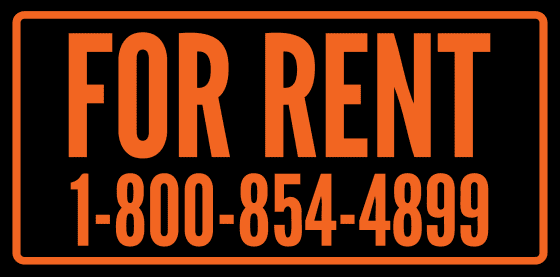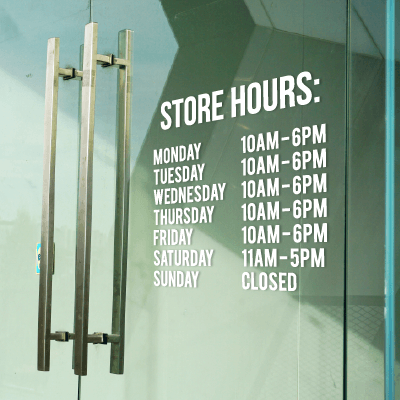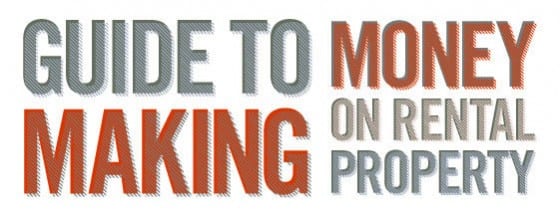
First Considerations
Financing or cash?
Will you be financing your rental property, or paying cash? This is a great question for your financial advisor, as there are pros and cons to each approach.
Lenders require a larger percentage of down payment for investment properties than for primary residences. And, the interest rate is typically higher.
However, you’ll avoid tying up available cash in an investment that can take awhile to sell if things go south. And, you may have some tax advantages by financing.
Will you manage the property yourself?
Rental properties require some hands-on management. When the water heater bursts and floods the basement at 3 am on a Sunday morning, someone has to deal with it. That person might be you, or it might be a property management company. In between tenants, someone needs to oversee cleaning and repairs to the property, and show it to prospective tenants. And of course, someone needs to collect and deposit the rent every month.
Hands-On Management

Property Management Services

If you’re unwilling or unable to maintain your own rental property, a management company might be the way to go. You can also search for investment properties all over the country; there’s no need to live nearby, so you can capitalize on real estate markets in towns where prices are lower. However, you’ll need to factor in the cost of property management when figuring your ROI (Return on Investment).
Finding the Perfect Property
Before you start searching for rental properties, you’ll want to do some research. Several factors will affect both your ROI and the attractiveness of your property to potential renters:
1) Property Taxes. These vary tremendously from city to city, state to state, and even between different areas of cities. Obviously, property taxes affect your ROI, because they add to your annual costs.

3) Disaster-Prone Areas. While it’s never smart to buy a home on a flood plain or on a major fault line, it’s particularly dumb when you’re trying to make money on the venture. If you don’t want to fork out even more cash on insurance, avoid areas that cost more.
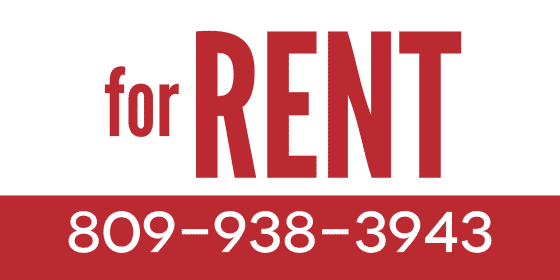
5) Price. This is the most obvious factor for a good ROI. It’s crucial to get a good deal on the property you purchase for rental. Find a good real estate agent who specializes in rental properties and working with investors. Do your own homework, too. And then, keep emotion out of the purchase. Use an ROI calculator to help figure your potential profits. Successful property owners stick to the numbers and buy accordingly.
Finding Tenants

Advertising
Finding good tenants can be difficult, even in the best of rental markets. The first order of business is to get your property noticed. Place For Rent signs on the property and on busy streets nearby. Place ads in local online classifieds and in online newspapers.
Signage
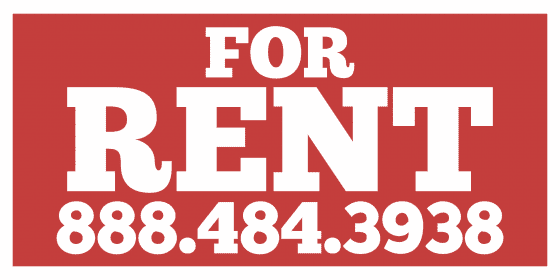
Professional, quality signage is well worth the minimal cost. Plastic corrugate yard signs will last for years if they’re stored properly in between tenants. And professional design ensures that your information can easily be seen—a hastily scrawled telephone number in ballpoint ink on a tiny store-bought sign isn’t very effective.
Choosing the Best Tenants

Run a credit check. In particular, look for collection accounts from previous rentals. The overall credit score matters less, especially if the person can show that he’s been making timely payments on debts for awhile.
Call references. Most people will put friends and relatives on their applications, or at least people they know will provide positive feedback. But some people will put phony numbers, figuring that you won’t call. You can weed those folks out right away.
Get salary confirmation. Make sure that your prospective tenants can afford the rent. Ideally, it should be less than 30% of their take-home pay (combined, if you’ll be renting to more than one tenant). There may be a bit of room to fudge on that number, especially if the tenants don’t have a lot of other debt. But be wary of anyone who can’t verify their income, or has a very high debt-to-income ratio.

It’s important to note that you can’t choose tenants based on their marital status, race, gender, color, national origin or disability. Doing so is illegal under the Fair Housing Act. Instead, stick to financial qualifications and previous rental history.
Learn More About Real Estate Investing
